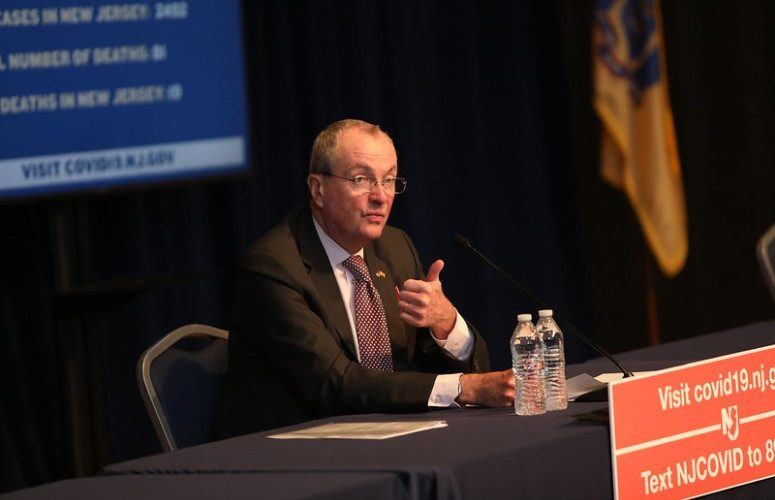Gov. Murphy signs Executive Order allowing NJ tenants to pay back rent with security deposits
Both the State of New Jersey and the City of Newark are offering relief for tenants
Both the State of New Jersey and the City of Newark are offering relief for tenants
NYPD uses a little known law to bar minority tenants from their legal homes

A morally questionable rule is being used by the NYPD to harass over 1000 tenants a year and boot several hundred out of their homes, sometimes permanently – without providing victims of this heavy-handed practice with immediate opportunity to enter an enquiry or response to the action in a courtroom and with almost no legal protection and few redress options ever being made available. Pro-Publica shares one woman’s story.
New York City resident Ms. Jameela El-Shabazz became the victim of a, “nuisance abatement action, a little-known type of lawsuit that gives the city the power to shut down places it claims are being used for illegal purposes. In May when police broke into Ms. El-Shabazz’s apartment and arrested her for criminal possession of cocaine, a court-ordered chemical analysis identified the police-seized powder seized as eggshells. Ms. El-Shabazz uses it in a Nigerian religious ceremony.
Even though the allegations against Ms. El-Shabazz were dismissed, four months later the NYPD used the eggshells as justification for showing up at the El-Shabazz family apartment to remove and lock them out:
Incredibly, the filing, signed by a New York Police Department attorney, stated: “recovered during the execution of the search warrant were forty-five (45) paper cups of cocaine.”
The nuisance abatement law was created in the 1970’s to combat the sex industry in Times Square. Since then, its use has been vastly expanded, commonly targeting apartments and mom-and-pop bodegas even as the city’s crime rate has reached historic lows. The NYPD files upward of 1,000 such cases a year, nearly half of them against residences.
The process has remarkably few protections for people facing the loss of their homes.
Three-quarters of the cases begin with secret court orders that lock residents (out) until the case is resolved. The police need a judge’s signoff, but residents aren’t notified and thus have no chance to tell their side of the story until they’ve already been locked out for days. And because these are civil actions, residents also have no right to an attorney…
Runa Rajagopal of the Bronx Defenders, who leads a division that represents people in the civil courts, called the practice a “collective punishment” on the entire family of those accused of a crime, “used by the NYPD to exert power and control largely over communities of color.”

